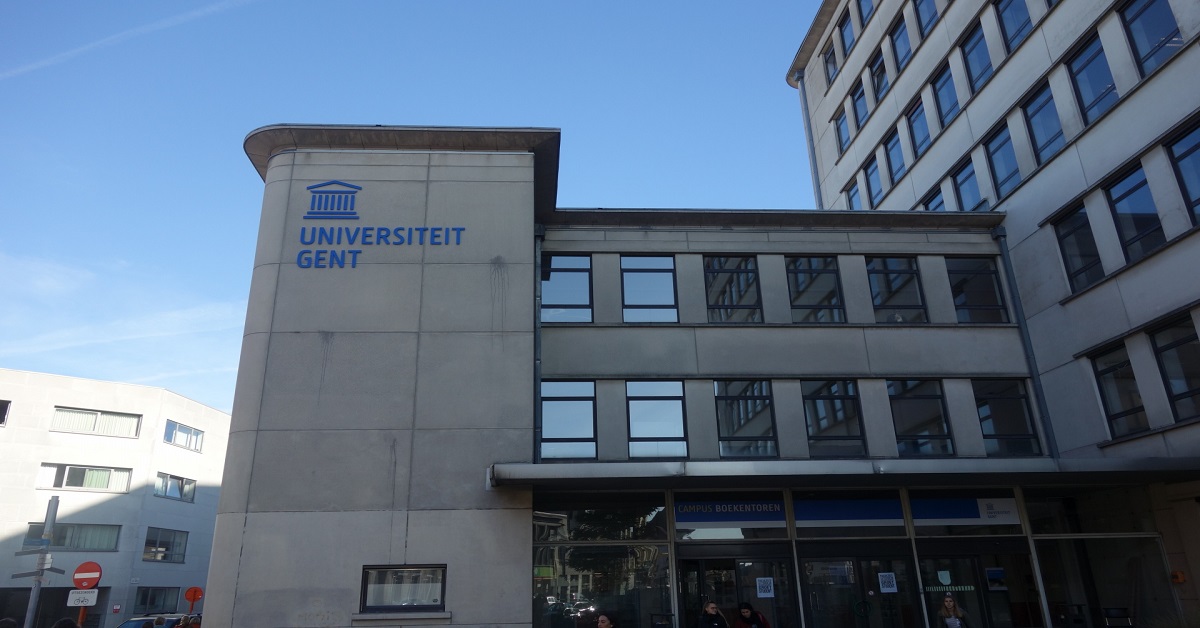Polymeric nanoparticles (PNPs) have emerged as exciting nanomaterials over the last few decades due to their unique physical and chemical properties resulting from their high surface to volume ratio and nanoscale size. Due to these unique characteristics, PNPs have found their way into a variety of industrial fields, including electronics, medicine, biotechnology, environmental sciences.
Traditionally, PNPs are prepared through wet chemistry lengthy processes in which the obtained PNPs lack polar and reactive functional groups. In this project, nonthermal plasma polymerization, which is a one-step, cost-effective and environmentally benign approach will be applied for the synthesis of PNPs. Another big advantage of this method is that it requires no (toxic) solvents, which is particularly interesting for biomedical applications, as the possibility of having residual (toxic) solvents in the synthesized PNPs, which are known to compromise biocompatibility, is eliminated.
Job profile
- You hold a degree of Master in Chemistry, Master of Science in Engineering or Master of Science in Physics. For diplomas awarded outside the European Union, a certificate of equivalence (NARIC) must be submitted. The degree requirements need to be met at the start of your appointment.
- You are interested in academic and/or project-based research.
- You have experience in plasma and/or in the synthesis of polymeric nanoparticles.
- You have excellent communication skills (spoken and written English)
- We offer you a contract of 4 years.
How to apply
Your application must include the following documents:
- In the field ‘CV’: your CV and an overview of your study results (merged into one pdf file)
- In the field ‘Cover letter’: your application letter in pdf format
- In the field ‘Diploma’: a transcript of the required degree (if already in your possession). If you have a foreign diploma in a language other than our national languages (Dutch, French or German) or English, please add a translation in one of the mentioned languages.
- In the field “other documents”: a reference letter, an overview of your study results, …
Send this to Karen Leus (Karen.Leus@UGent.be)
